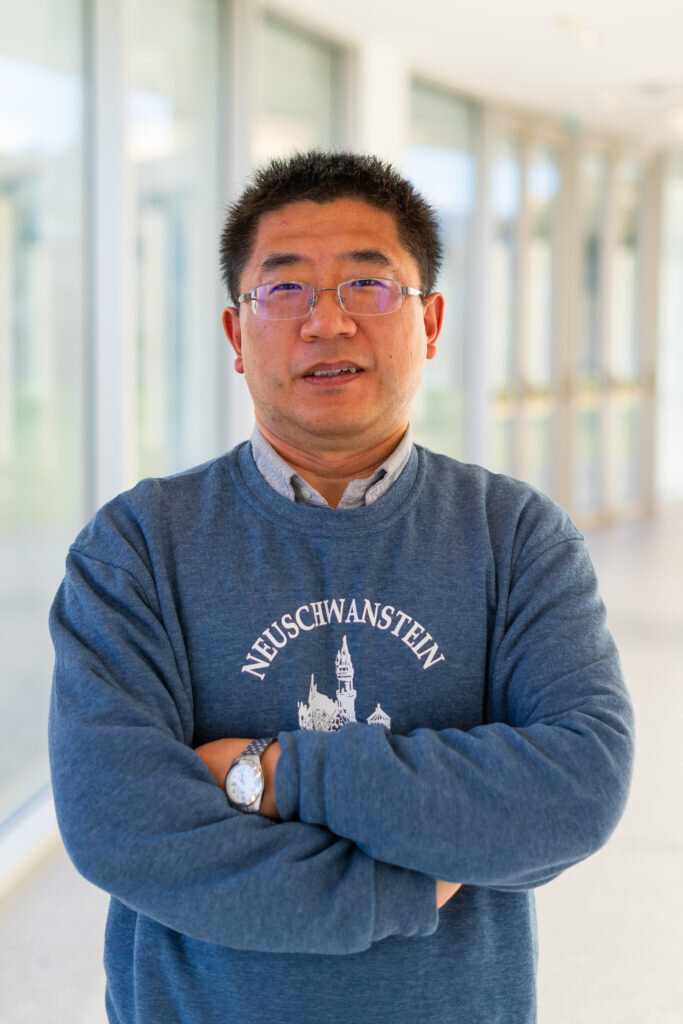
INL researcher Lifeng Liu selected as “2019 Emerging Investigator” by the RSC journal “Chemical Communications”
September 23, 2019
Lifeng Liu, INL staff researcher and the NESC – Nanomaterials for Energy Storage and Conversion group leader, has recently been selected as “2019 Emerging Investigator” by the journal “Chemical Communications” operated by the Royal Society of Chemistry (RSC), UK. “Chemical Communications” is the RSC’s most cited scientific journal (2018 impact factor 6.164) and has a long history of publishing exciting new findings of exceptional significance, across the breadth of chemistry.
Since 2011, “Chemical Communications” started to select globally the “Emerging Investigators”, inviting them to contribute to the special themed issue that is only published once a year and aims to showcase research carried out by internationally recognized, up-and-coming scientists in the early stages of their independent careers. The selected investigators are usually those who are making outstanding contributions to their respective fields.
Nominated by the advisory board member of “Chemical Communications”, Lifeng Liu was informed that he was selected as the “2019 Emerging Investigator” together with other 35 researchers working on different fields of chemistry, and he was invited to contribute with a Feature Article to this year’s themed issue (The journal merely accepts 4-page “communication” format papers in general, and only seven Feature Articles have been published so far in 2019).
Upon this honourable invitation, Lifeng and his co-workers submitted a Feature Article entitled “The oxygen evolution reaction enabled by transition metal phosphide and chalcogenide pre-catalysts with dynamic changes”, which has now been published in the “2019 Emerging Investigators” themed issue of the journal (Chem. Commun. 2019, 55, 8744).
This Feature Article comprehensively summarizes recent work on transition metal phosphide and chalcogenide water-splitting catalysts, points out the challenges to be addressed, and proposes further investigations to be done.



